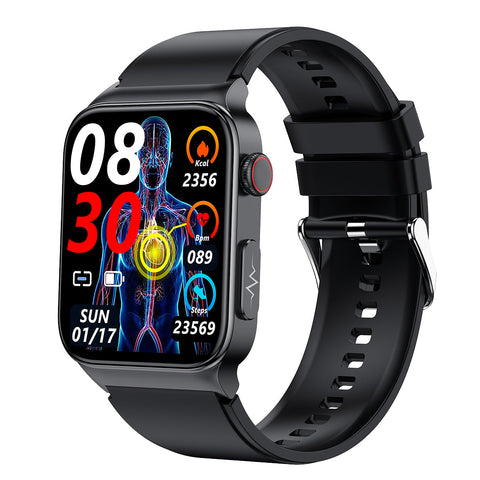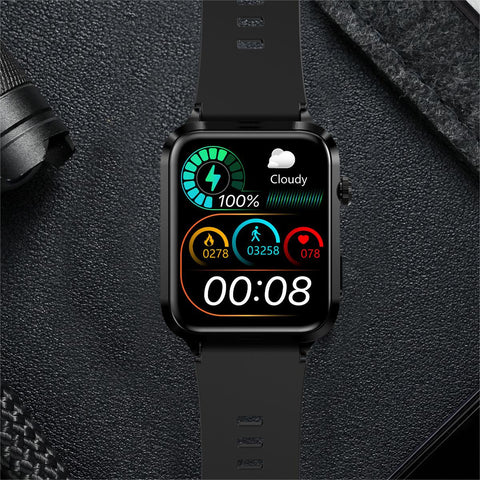Smart Watch Review
Eyes tired, rub them a bit; eyes itchy, give them a rub. Especially after long hours of work or study, whether adults or children, the instinctive response is to do just that.
However, many people are unaware that, aside from providing momentary relief, rubbing the eyes can actually trigger emotional reactions in sensitive eyes.
The Dangers of Excessive Eye Rubbing: While rubbing your eyes occasionally may provide momentary relief, doing it excessively can lead to various issues. Here are some potential risks associated with frequent eye rubbing:
-
Eye Infections: Rubbing your eyes with unwashed hands can introduce bacteria and other pathogens, increasing the risk of eye infections. Conditions like conjunctivitis (pink eye) can result from the transfer of germs from your hands to your eyes.
-
Corneal Abrasions: The cornea, the outermost layer of the eye, is delicate. Excessive rubbing may cause corneal abrasions or scratches, making your eyes more susceptible to infections and irritations.
-
Increased Eye Pressure: Vigorous eye rubbing can temporarily elevate intraocular pressure. For individuals with conditions like glaucoma, this pressure increase could be problematic and potentially lead to further damage.
-
Dark Circles and Wrinkles: The skin around your eyes is delicate, and constant rubbing can contribute to the development of dark circles and premature wrinkles. The friction can break down collagen, leading to sagging skin.
Tips for Alleviating Eye Discomfort
To maintain optimal eye health and avoid the risks associated with excessive eye rubbing, consider the following tips:
-
Eye Massage: When your eyes feel itchy, close them and gently press around the eyes with clean fingers through the eyelids. Adjust the pressure to your own comfort.
-
Perform Eye Exercises: If discomfort is caused by excessive eye use or dryness, manage your screen time, blink more often, engage in eye exercises, stay hydrated, and include vitamin-rich green vegetables and nuts in your diet.
-
Use Eye Drops: For itching due to inflammation or allergies, under the guidance of a doctor, you can use anti-inflammatory eye drops. However, eye drops often contain chemical hormones and are not recommended for prolonged use.
-
Properly Deal with Foreign Objects in the Eye: If a foreign object enters the eye, the correct approach is to close the eyes and rest for a while. Gently pinch the upper eyelid with clean hands, allowing tears to flush out the foreign object. If it doesn't work at first, repeat the process and consider using artificial tears. Additionally, blink repeatedly to increase tear production. If the foreign object is on the upper eyelid's conjunctiva, flip the eyelid, locate the object, and wipe it away with a damp cotton swab or clean handkerchief. You can also rinse it with clean water. If the object remains, seek prompt medical attention.
While rubbing your eyes occasionally may seem harmless, understanding the potential risks is crucial for maintaining good eye health. By adopting healthy eye care practices and seeking professional advice when needed, you can protect your vision and keep your eyes in optimal condition. Remember, when it comes to your eyes, prevention is key!
Now that we've delved into the importance of maintaining good eye health and the potential risks associated with excessive eye rubbing, let's shift our focus to a holistic approach to well-being. Your eyes are invaluable, and so is your overall health. Introducing the BP Doctor Smartwatch—an innovative device designed not only for tracking your blood pressure but also for promoting comprehensive health.
Just as we've explored the need for protective measures for your eyes, the BP Doctor Smartwatch extends that vigilance to your cardiovascular health. With features like real-time blood pressure monitoring, heart rate tracking, and advanced health insights, this intelligent companion ensures you stay informed and proactive about your well-being.










